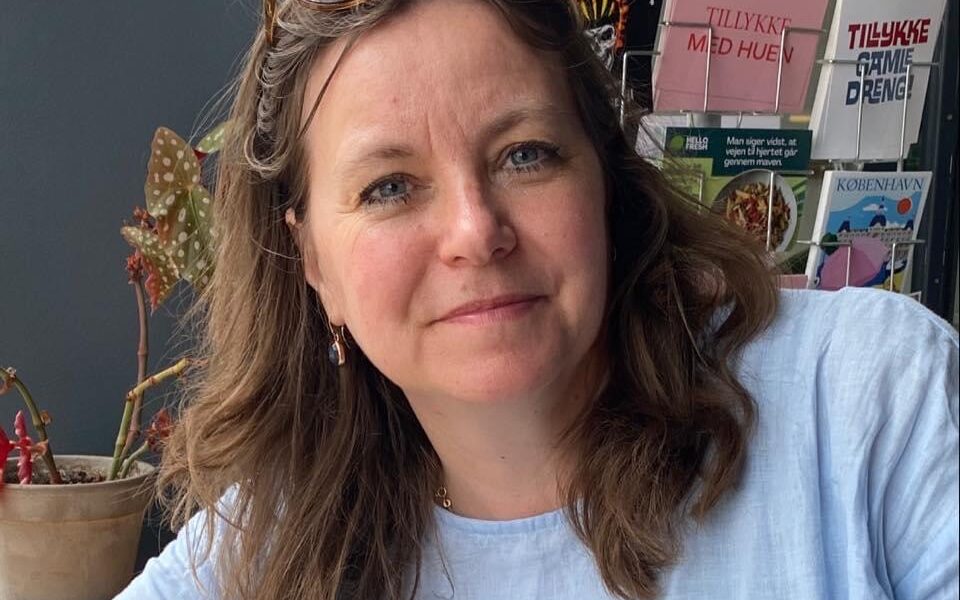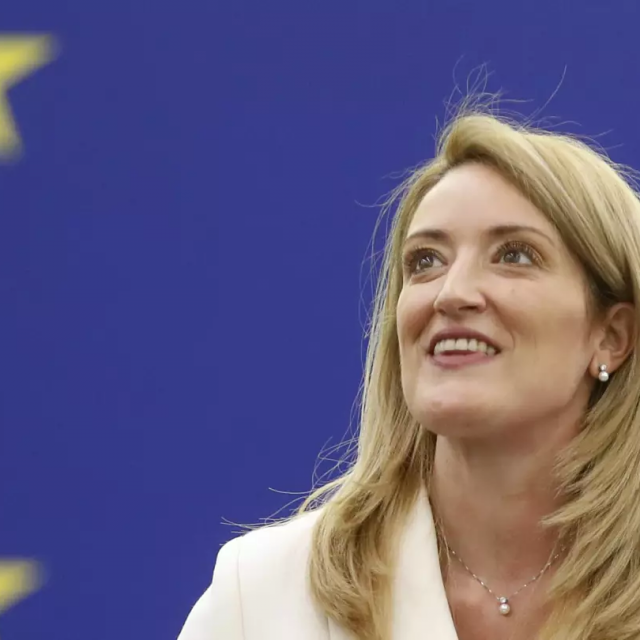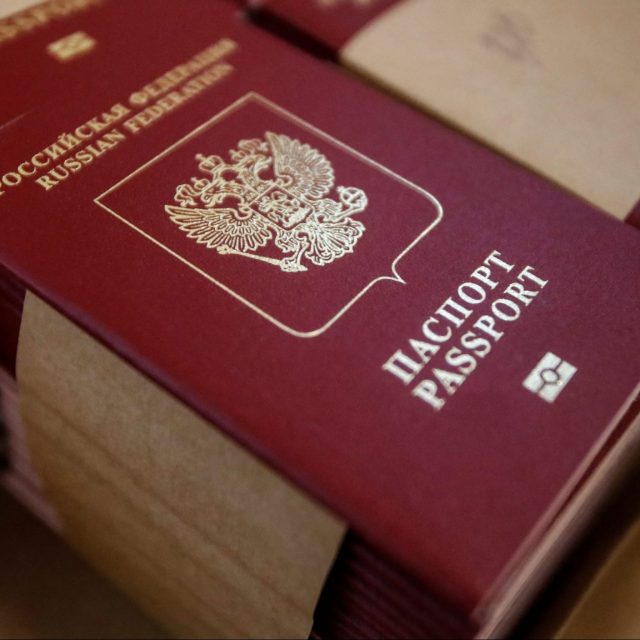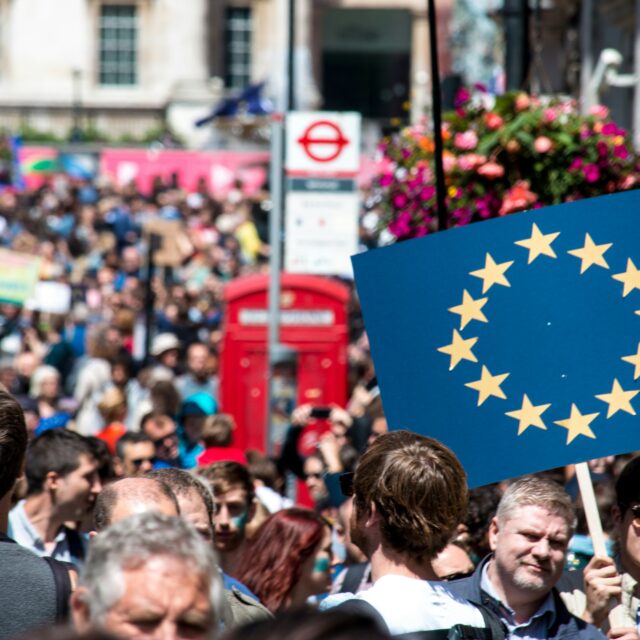As millions of EU citizens living in the UK vote in the European Parliament elections, it is not just Britons who will no longer be able to vote in these elections after Brexit, writes Else Kvist.
As a Danish citizen living in the UK, along with the vast majority of other Danes who have settled here, I will not be able to cast my vote. As Denmark is one of a handful of the current 27 EU member states, which do not allow most of its citizens to vote from outside the EU. The other ‘culprits’ are Bulgaria, Cyprus, Malta and Ireland.
By contrast Sweden, Poland and France are among the 22 member states that allow their citizens to vote from outside the EU in the European Parliament elections. So while most EU citizens in the UK can cast their vote at embassies, by post, e-voting or proxy, many of us will not have a say in who represents us at the European Parliament. This is despite many of us having exercised our right to freedom of movement long before Brexit while the UK’s withdrawal agreement with the EU is supposed to protect our rights.
While I am of course happy that many of my fellow EU citizens will have a chance to make their voices heard, it makes little sense that some of us are denied the right to vote for the same parliament, which is meant to represent all EU citizens. Apart from the five countries mentioned, which disenfranchise its citizens living outside the EU, other member states make it hard for their citizens to vote in practice from abroad. This includes Italy with its citizens having to travel back to Italy to cast their vote. So in reality, most of the half million Italians living in the UK are unlikely to be voting in the elections, alongside around 30,000 Danes believed to be living in the UK. In the case of Denmark, it is only very specific groups, such as diplomats, employees stationed here by a Danish company or those planning to return to Denmark within two years, who are eligible to vote from outside the EU. As a Danish citizen, you also lose your right to vote in national elections for the Danish parliament, when you move abroad unless you belong to one of the specified groups.
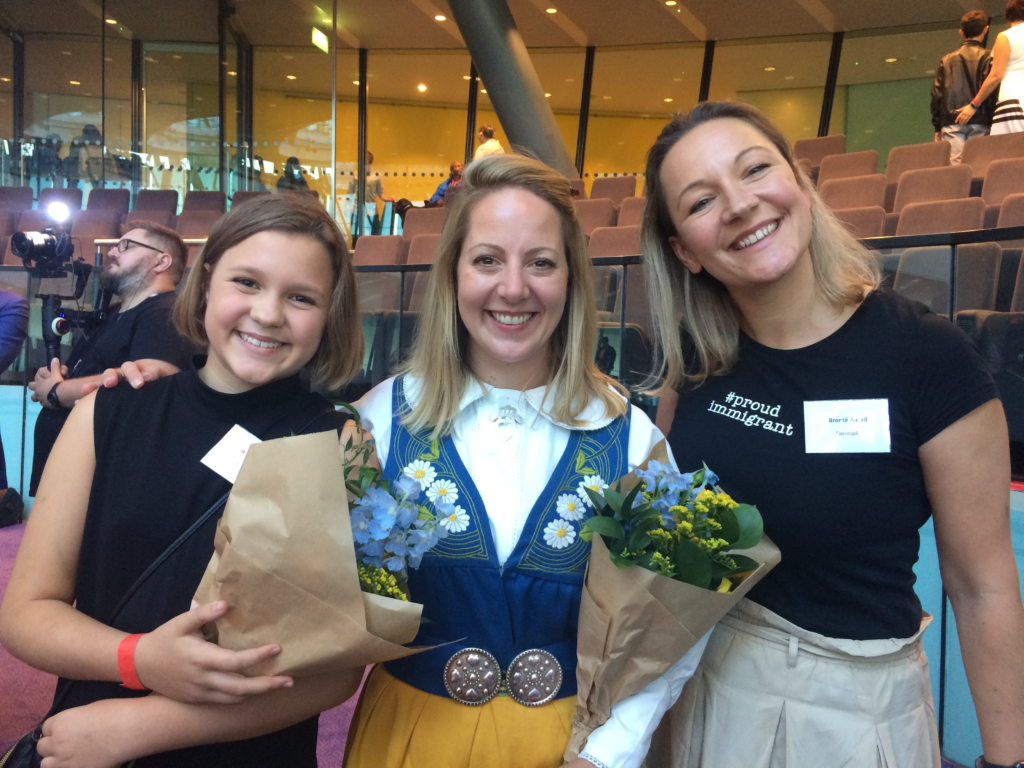
Brontë Aurell – An “Exceptional Londoner”
For one of my fellow Danes here in the UK, the situation is particularly peculiar. Brontë Aurell, who co-founded Scandi-Kitchen in London’s West End with her Swedish husband Jonas Aurell, is well known among Danes in the UK. She is also the author of several cookbooks and was recognised as an ‘Exceptional Londoner’ by the capital’s Mayor Sadiq Khan. Bronte, who came to the UK back in the 90s, aged 17, said: “ I’ve never been able to vote in any national election, ever, in my life. My husband, from just across the bridge, can vote in general elections in Sweden and EU elections. I’m trying to bring my kids up by teaching them how important it is to vote and exercise democratic rights – and yet I can’t do it myself.”
The ECIT Foundation, a Brussels based think-tank and Voters Without Borders wrote to the European Commission in 2021 to request that infringement procedures were taken against member states, which do not allow the majority of their citizens to vote from abroad. The commission replied that they didn’t have the competence to do so for national elections. So instead the ECIT Foundation has turned its attention to EU Elections. Together with a law firm, they are putting together a legal complaint to the European Commision, as well as looking into the possibility of taking legal action against any of the EU member states, which do not allow its citizens to vote in the European Parliament. The focus will be on EU citizens in the UK, many of whom exercised their right to freedom of movement before Brexit. The foundation is therefore looking for citizens from countries like Denmark and Ireland, who are concerned with their disenfranchisement, and who would be prepared to act as plaintiffs in a legal case.
New Europeans UK is a charity working to secure and improve the rights of EU citizens in the UK, as well as Britons abroad, which I work for as a communications advisor.
Chair of New Europeans UK, Dr. Ruvi Ziegler, who is helping the ECIT Foundation mount the legal challenge, said: “In my view the divergence across the EU in relation to European Parliament elections is problematic in its own right. That is because the European Parliament is a union institution – the member states are acting on behalf of the union when they administer election processes to the European Parliament. -So when you have divergent standards for eligibility across member states it violates the principle of equality of EU citizens.” The principle of equality is set out in article 9 of the Treaty on European Union. Another part of the treaty states that every citizen shall have the right to participate in the democratic life of the Union (Article 10).
When I tried to vote in the last European Parliament elections in 2019, in which the UK participated, I was rejected at my local polling station in East London. Back then, I was told that I was supposed to have filled in a form declaring that I would not be voting in my country of origin (Denmark). I had actually contacted my local council about this in advance and still have the letter I received telling me that I was already registered to vote and did not need to do anything else. Nevertheless, I became just one of the estimated 1.7 million EU citizens in the UK and Britons in the EU, who according to the Electoral Commission, were denied our vote in those elections. Most of them due to lack of information about the forms that we were required to fill in.
At the time, this was a ‘tipping point’ for me after the UK had not allowed EU citizens to vote in the Brexit referendum either, and this is how I originally got involved with New Europeans UK as a campaigner. But while I was denied my vote by the UK in the EU elections in 2019, it is now Denmark denying me my right to vote in this year’s elections.
So I contacted Danes Worldwide, a member organisation looking after the interests of Danes across the globe. Their Secretary General, Michael Bach Petersen, said: “All Danes abroad, including all those residing outside the EU, should of course be able to vote in European Parliament elections on an equal footing with all other EU citizens, just as they should also be able to vote in general elections in Denmark.”
“Unfortunately, Denmark is one of the few EU countries that does not offer this option, and of course we want to change that”.
I also contacted the Danish government. The Ministry of State referred me to the Ministry of Interior and Health, who replied that they were unable to help.”
Nevertheless, with the backing of Danes Worldwide, the ECIT Foundation and New Europeans UK among others, I feel confident that these organisations will be fighting our corner. This gives me hope that Danes and other disenfranchised EU citizens in the UK and elsewhere might get a vote in the next European Parliament elections – whether by political or legal means as a new parliament beds in and new treaties are negotiated.
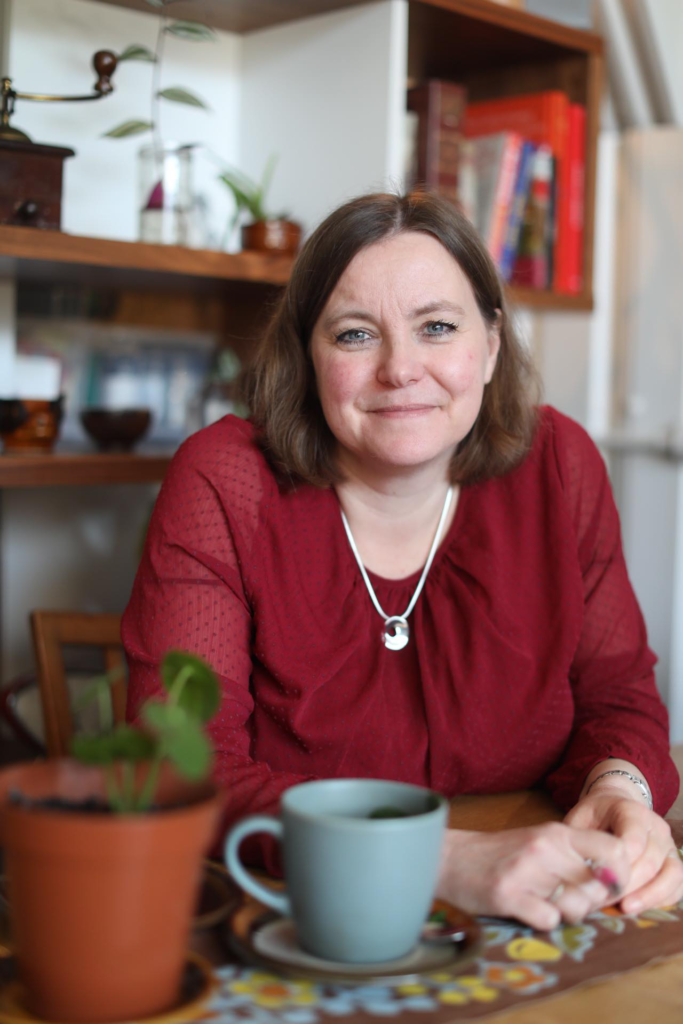
Else Kvist is a Freelance Journalist and Communications Adviser.

